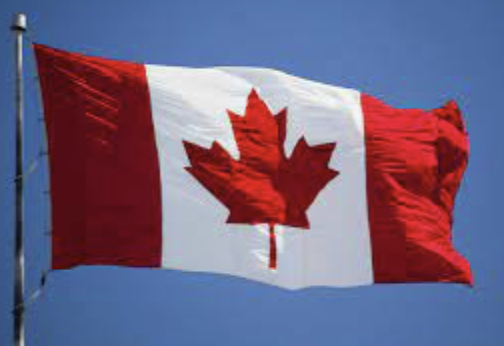
Today is Canada Day. July 1st. Since 1867, intended to honor the birth of Canada as a nation. Part of the British Commonwealth.
I’ve celebrated Canada Day with delight. I’ve waved my Canadian Flag. I’ve enjoyed parades. I’ve loved picnics at the park with family and friends. I’ve marveled at Canada’s majestic geography.
As a Canadian living in the United States, I’ve continue to encourage my kid’s awareness of their Canadian lineage, hoisting a Canadian flag on particular days. I don’t want them, each living in the USA, to forget this part of their family system.
Today, July 1, 2021 brings a different kind of awareness forward for me. It remains a symbolically important day. Its importance, however, is remembered in different ways. With celebration. With grief. And with a commitment to evolving.
Over the last couple of years, thanks to encouragement from a few of my Canadian friends and colleagues, I’ve been growing my awareness of what it means to be a descendent of European settlers in relationship to Indigenous peoples now, and then. I’ve been exploring my commitment of awareness and action as a person of Scottish, Irish, German, and English descent. I’ve been digging deeper to what is right relations in the 21st century, what is kindness, what is consciousness, and what is flow. It’s a lot to process, I find. It’s a lot to integrate.
I honor my family and my heritage. Today, I still fly a Canadian flag from my balcony. Today, I still celebrate a life supported by good people trying to do their version of good in the world, just as I am trying to do my version of good in the world.
But there is an encounter with sorrow and truth-telling that also feels a part of this day. With grief. With shame. This morning I found myself deliberately reading more about a First Nations history of Edmonton, that land in which I was raised. When I was young, I remember very little to no public reference of Edmonton as Treaty 6 (1876) lands. There was little reference to the people — the First Nations Cree, Blackfoot, Sioux, Metis and others. The story of settling was told mostly as heroic in which the Indians were an opposition.
Today, I’m glad to live in a time when the truth-telling stories are coming forward with more regularity, and accompanied by actions that support an important disruption and direction. A colleague, Beth Sanders, posts a piece about Disrupting The Story of the Land. She writes,
Our language reveals what we thought of the land and the people who lived on it:
- The land is ours to take.
- Indigenous use of the land is unproductive.
- Settler use of the land is more productive.
- Indigenous people are not productive.
- Settler people are productive.
- Indigenous people are inferior.
- Settler people are superior.
We had our idea of how to use the land, and deeming ourselves and our ideas to be superior, we occupied the land. We killed and forcibly removed people to do so, and now we non-Indigenous people call it our homeland.
Hmmm…. Pause. I appreciate Beth’s ability to name the core of the assumption. I want that clarity to sit within me.
So, this year, Canada Day grows in significance. Today I’ll include time to sit with the mix of things that I’m proud of and grateful for as a Canadian, following a joy and practicing joy as a radical act. But then, as wisdom beckons to our evolution, I’ll also integrate an honesty of injustice embedded in origin story.
There is deep healing to be done. There always has been. I won’t pretend to know what this is for everyone. Further blindness and denial isn’t the way. At minimum, contributing heart, head, and hands to truth telling helps. For me, it includes this kind of reflection.
